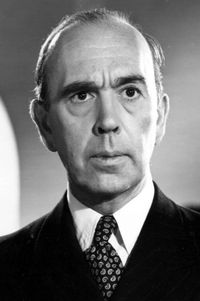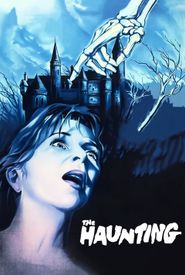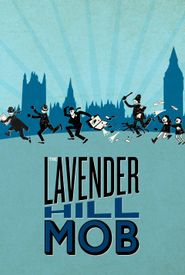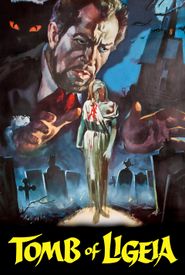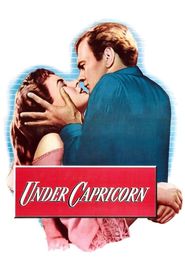Ronald Adam was a remarkable individual who seamlessly merged a successful acting career with an extraordinary military career, marked by a thrilling trajectory that spanned from being a victim of the legendary Red Baron in World War One to taking his revenge as an RAF fighter controller in the Battle of Britain.
Born Ronald George Hinings Adamson on the last day of 1896, he was educated at University College, London. At the tender age of 17, Adam volunteered to join the British army on the outbreak of the first world war, and on December 2nd 1914, he was commissioned as a temporary second Lieutenant in the 15th (reserve) battalion of the Middlesex regiment.
Adam then transferred to the Royal Flying Corps (RFC) as an observer and underwent pilot training. He served with 18 squadron, flying Sopwith Camels with 44 squadron on home defense duties, and later joined 73 squadron, also flying Sopwith Camels in France. On April 7th 1918, he was shot down near Villers-Brettoneux in northern France, and historians still debate who was responsible for his aerial defeat, with some attributing it to Ltn Hans Kirchstein, while others believe he was the 78th victim of the legendary Baron Manfred von Richthofen, known as "The Red Baron".
Adam was wounded and captured, and on the evening of his aerial defeat, he was visited by a German orderly who conveyed Von Richthofen's compliments. He spent eight months in hospitals and prison camps before being re-repatriated on December 17th 1918, the 15th anniversary of the Wright brothers' first powered flight.
Post-war, Adam trained as a chartered accountant and then moved into theatre management, running the Embassy Theatre in London. He later decided to become an actor proper, altering his name slightly to Ronald Adam. He also wrote books and several of his plays were staged. From 1936, he began working in films.
On the outbreak of the second world war, Ronald Adam rejoined the Royal Air Force (RAF) and during the Battle of Britain, which raged over England in the summer of 1940, he was the fighter controller for the Hornchurch sector. It was his job to co-ordinate the RAF fighter command interceptions from data gathered by radar and ground observers and then dispatch fighters to intercept. This vital role played a crucial part in one of history's most decisive battles, in which the future of Western civilization was at stake.
Post-war, Ronald Adam lived in Surbiton, Surrey, and died on March 28th 1979, at the age of 83.
